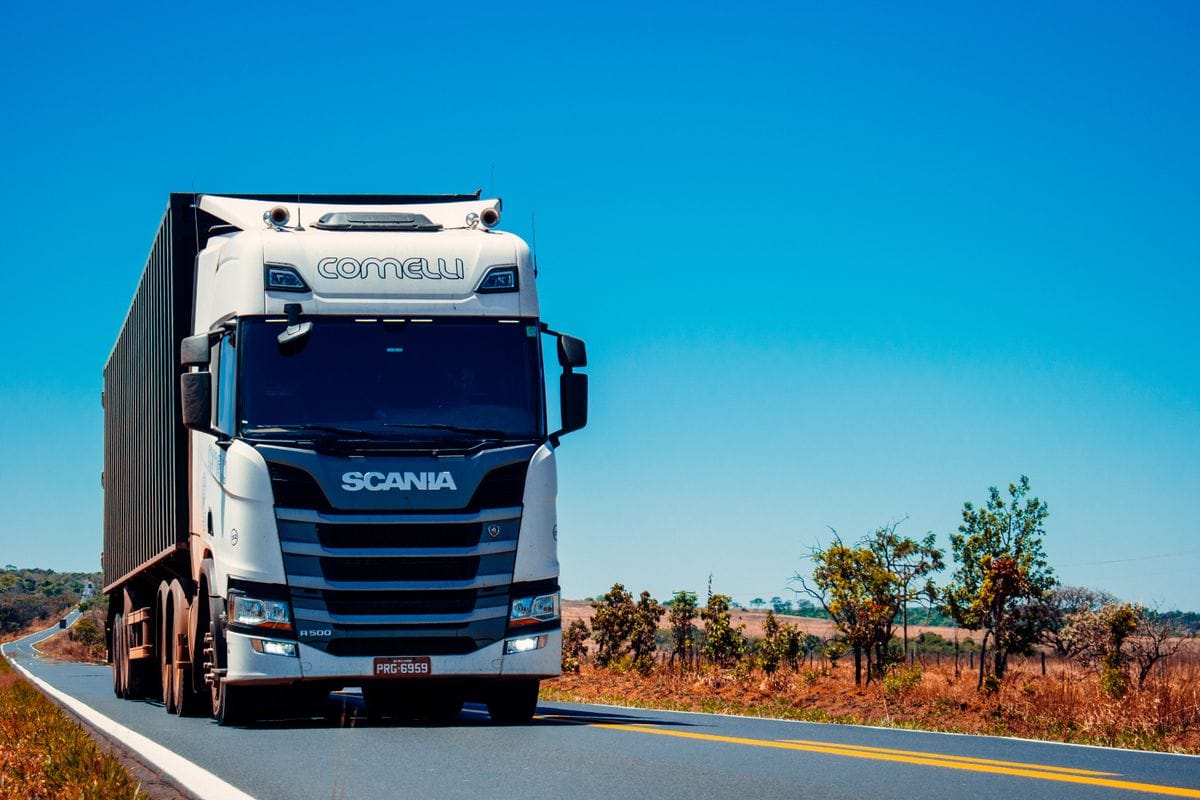A Closer Look at Cross-docking and its Benefits

An efficient supply chain can do wonders for the growth of your business. In fact, a survey found that 79% of businesses with strong supply chains gained a higher-than-average revenue. So, what can you do to make your supply chain more efficient? Well, cross-docking is a well-tested strategy that has effectively streamlined the supply chains of businesses worldwide.
In this article, we’ll dive deep into what cross-docking is, its types, and how it can benefit your business.
What is Cross-docking?

Cross-docking is a logistics method that streamlines the delivery of goods by directly transporting them from the supplier to the retailer. This is more efficient than the traditional method in which goods and products are first transferred from the supplier to a warehouse. In traditional methods, they are stored in the warehouse for long periods and then transported to the retailer.
The cross-dock technique not only speeds up the delivery of the products but also saves businesses from incurring additional holding and labor costs. Note that while the products aren’t stored for long periods in this method, they are dropped off at a cross-dock warehouse to be transported to the retailers/customers.
What is a Cross-dock Warehouse?

A cross-docking warehouse is a facility where goods are dropped off from the supplier so that they can be distributed in groups for easier outbound transportation. The facility layout is designed to facilitate the process of receiving, distributing, and then loading the goods.
There are usually multiple loading bays so that all the outbound vehicles can be loaded simultaneously to save time. Most businesses use inventory management software to efficiently sort and track all the products during this process.
How Does Cross-docking Work?

It involves the following steps:
- Products are delivered from the supplier to a cross-dock warehouse.
- The products are sorted based on where they are to be delivered. The distribution makes it easy to load each group of products to the corresponding outbound vehicle.
- All the goods are loaded onto outbound transport vehicles using machines like forklifts and conveyor belts.
- Once loading is complete, they are transported to their target destinations.
Benefits of Cross-docking

The following are the major benefits that cross-docking services can bring to your business:
Low Storage and Handling Costs
Since the technique doesn’t require goods to be stored in a warehouse for long periods of time, you don’t have to spend much money on its utilities. Not only will you save money on warehouse operations, but you won’t have to hire any labor to protect or manage the goods either.
Faster Order Delivery
Did you know that 41% of global consumers preferred to get their orders under 24 hours? With cross-dock warehouses, products don’t have to spend long hours in storage and are immediately delivered to the customers from the warehouse. This reduces the delivery time significantly, saving your business time and earning you brownie points among customers.
Low-Risk to Products
One of the major reasons for product damage is their persistent handling by workers. Since the cross-dock method streamlines the handling of products by workers and machines, they are at low risk of being damaged. In addition, this technique is also great if your business deals with perishable goods like food or plants.
Pre-distribution vs. Post-distribution Cross-docking

Pre-distribution
In this type, products are assigned to retailers and customers even before they leave the suppliers. This means that when they reach the cross-dock facility, these products are directly arranged into groups according to their target destinations. They are then transported to outbound vehicles.
Post-distribution
Unlike pre-distribution, products of this type aren’t assigned to any customer or retailer beforehand. This is why when the goods do reach the cross-dock facility, they are not sorted immediately. Instead, they are stored for a short amount of time until the customers or retailers are assigned.
Methods of Cross-docking(H2)

Continuous Method: In this method, the inbound shipments are received at the docking facility and are directly transferred to outbound transportation, eliminating the intermediate storage step.
Consolidation Method: This method involves receiving multiple shipments at the cross-dock facility from different suppliers. Once all the shipments are received, they are grouped into one large shipment for efficient outbound transportation.
Deconsolidation Method: This technique works opposite to consolidation cross-docking, meaning that it involves receiving a large inbound shipment at the docking facility. This shipment is then broken into smaller groups for more localized outbound transportation.
Applications of Cross-docking in Different Industries
Food Industry

As we mentioned above, the cross-docking method can especially help businesses that deal with shipping food. With food and beverages having a short shelf life, this method ensures that the goods are delivered on time in a fresh state, keeping the return rate low.
Businesses with Seasonal Products
If your business deals with seasonal products, you know the importance of delivering products to customers in time for the occasion. For example, if a customer orders a Christmas sweater, getting it cross-docked makes it more likely to arrive in time for the special holiday.
Retail

Getting their products cross-docked can help retail businesses by encouraging a quick inventory turnover. This minimizes the time products spend on shelves in warehouses, helping to avoid inventory buildups and stockouts.
E-commerce
The E-commerce industry is flourishing rapidly, and one of its most important aspects is the shipping times. Adopting the cross-docking method for your products can help your business thrive in the e-commerce landscape with faster deliveries and, in turn, more satisfied customers.
Healthcare

Every minute counts when it comes to the health industry, so the faster the delivery, the better. Getting supplies and medicines cross-docked directly to healthcare professionals just in time can save lives in crucial emergencies.
Conclusion

Cross-docking is a highly efficient method for streamlining the supply chain and reducing warehouse costs. However, the technique does speed things up, meaning that it's crucial to have an efficient inventory management system on hand for real-time visibility and delivering orders accurately.
This is why you should opt for the BoxHero App. It not only offers real-time collaboration with team members but also helps manage inventories at multiple locations. You get a streamlined supply chain without compromising on accuracy.


